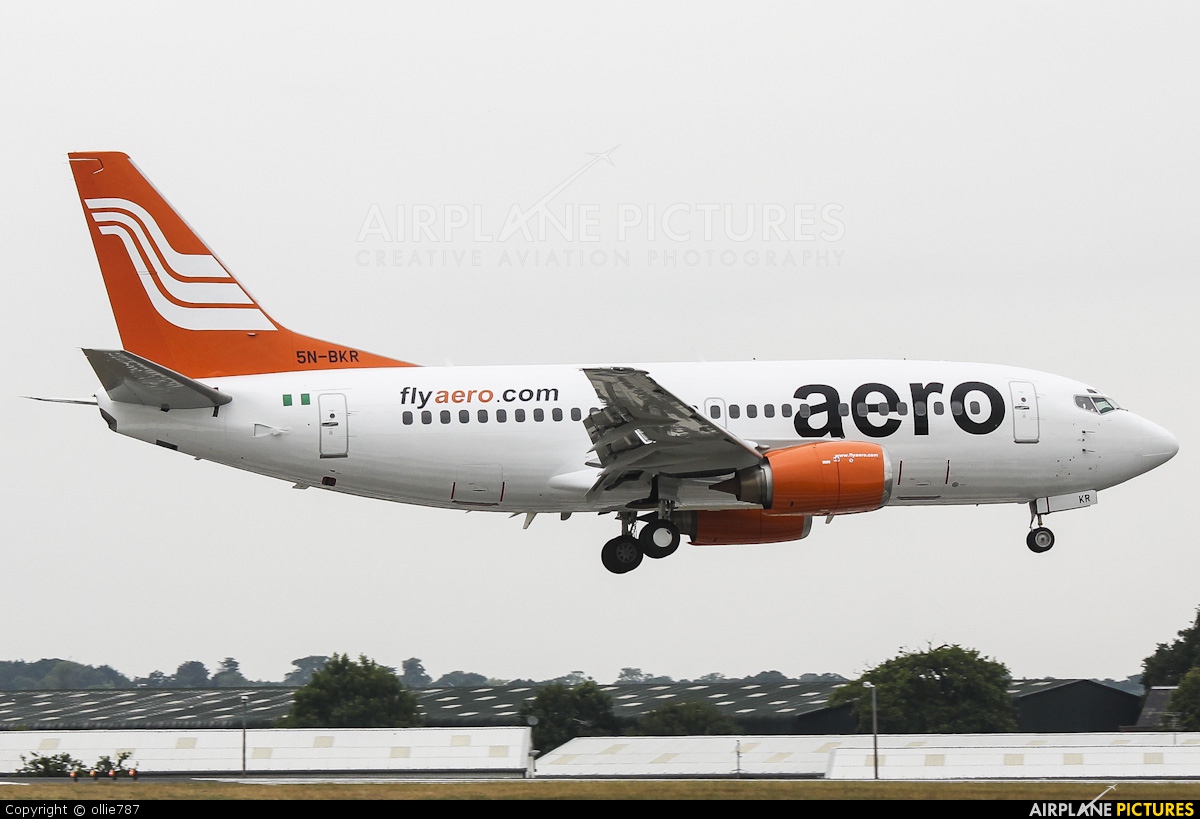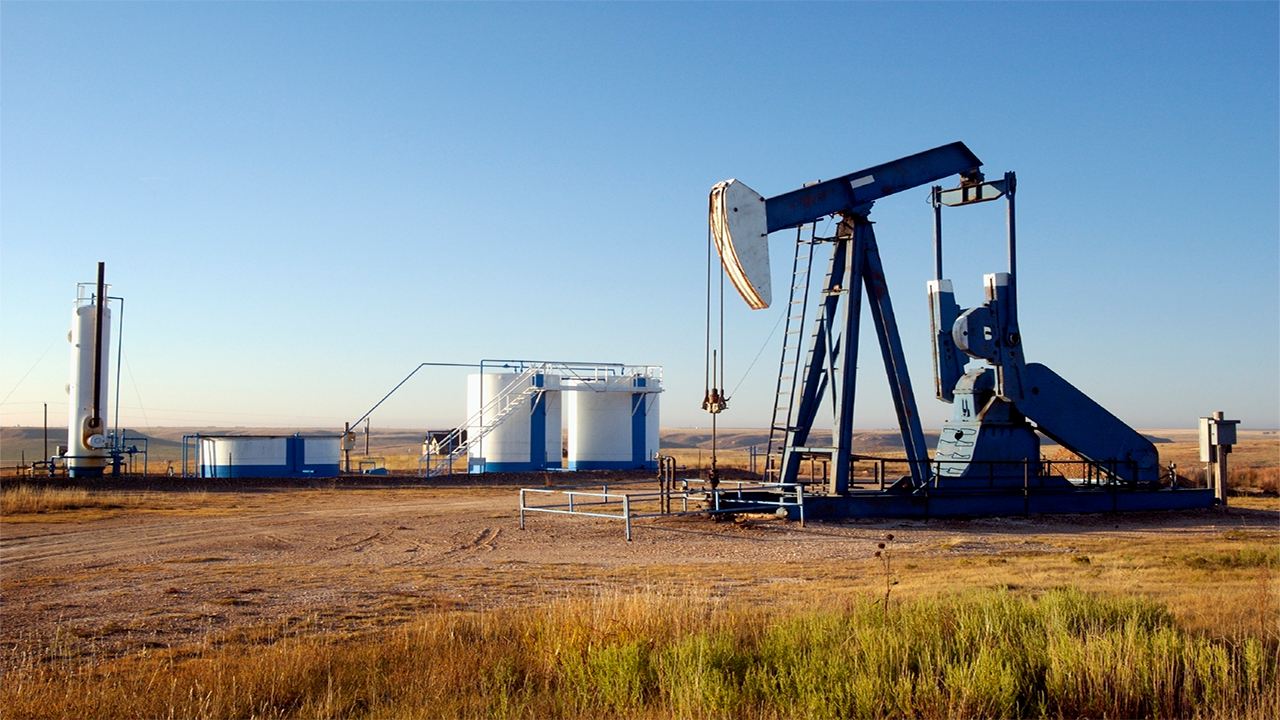Nigeria has long held the title of Africa’s leading oil producer but signs are now suggesting a shift as neighbouring country Angola emerges as a new beacon of attraction for international oil companies (IOCs).
The surge in Angola’s popularity among investors highlights a significant challenge to Nigeria’s once-unassailable dominance in the continent’s oil landscape.
Data sourced from Angola’s National Oil, Gas and Biofuels Agency (ANPG) reveals an increase of 96 percent in investment in Angola’s oil sector between 2022 and 2023.
Over the past five years, investments totaling almost $50 billion have been recorded, with an additional $71 billion planned over the next five years.
This surge in investment underscores the growing confidence of international players in Angola’s oil market.
The aggressive industry reforms undertaken by Angola since 2017 have been instrumental in attracting investors.
These reforms aim to ensure transparency and competitiveness in the oil and gas market, a move that has resonated positively with foreign players.
The introduction of a six-year licensing round in 2019, guaranteeing yearly investment opportunities in exploration for foreign entities, has been a key feature of Angola’s reform agenda.
One of the most recent licensing rounds, covering 12 blocks in the Lower Congo and Kwanza Basins, saw an overwhelming response with 53 bids submitted, indicating the robust interest in Angola’s oil and gas potential.
José Barroso, Angola’s secretary of state for oil and gas, emphasized the country’s commitment to promoting the industry by aggressively pushing bid rounds aligned with national production targets.
Angola’s regulatory flexibility in oil and gas agreements has been another attractive feature for investors. The introduction of risk service contracts in 2020 as an alternative to traditional production-sharing agreements demonstrates Angola’s adaptability to industry dynamics.
Also, reforms such as the Tax Benefits Code enacted in 2022 aim to create incentives for oil companies operating in the country.
The stability and clarity of Angola’s policy framework have been highlighted as key factors driving investment decisions.
Patrick Pouyanne, CEO of TotalEnergies, pointed out the importance of policy consistency, noting that Angola’s stable framework played a pivotal role in TotalEnergies’ decision to invest $6 billion in the country.
While Angola’s star rises in the oil investment landscape, Nigeria faces challenges that threaten its status as Africa’s top oil producer.
Bureaucratic bottlenecks, contracting delays, and security concerns in the Niger Delta region have hindered Nigeria’s ability to attract and retain investors.
The inconsistency in policy making decisions has further exacerbated the situation, prompting some IOCs to explore more stable investment environments like Angola.
As Angola’s oil sector continues to flourish, Nigeria must address the underlying challenges that have dampened investor confidence.
The resurgence of Angola underscores the need for Nigeria to streamline its regulatory framework, enhance security measures, and foster a more conducive environment for oil investment to maintain its position as a regional powerhouse in the oil industry.
Failure to do so could result in further erosion of Nigeria’s dominance, paving the way for Angola to solidify its position as a formidable competitor in Africa’s oil market.

 Naira4 weeks ago
Naira4 weeks ago
 Travel4 weeks ago
Travel4 weeks ago
 Naira3 weeks ago
Naira3 weeks ago
 Jobs4 weeks ago
Jobs4 weeks ago
 Naira4 weeks ago
Naira4 weeks ago
 Travel4 weeks ago
Travel4 weeks ago
 Cryptocurrency4 weeks ago
Cryptocurrency4 weeks ago
 Naira2 weeks ago
Naira2 weeks ago



























